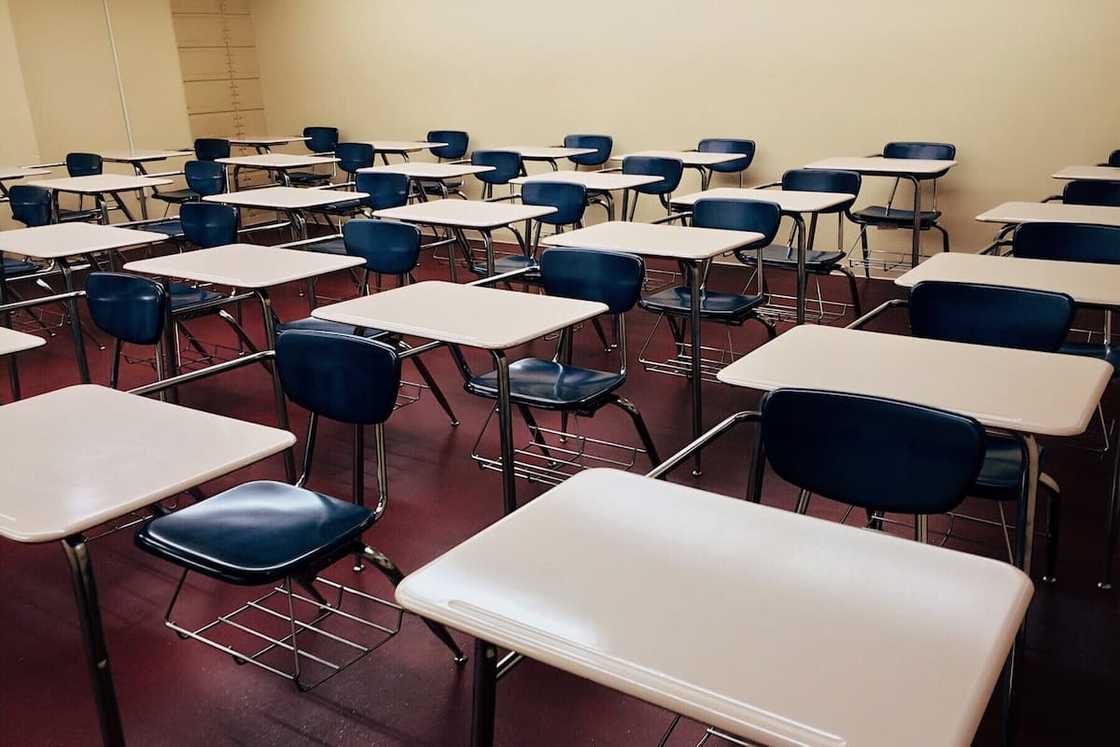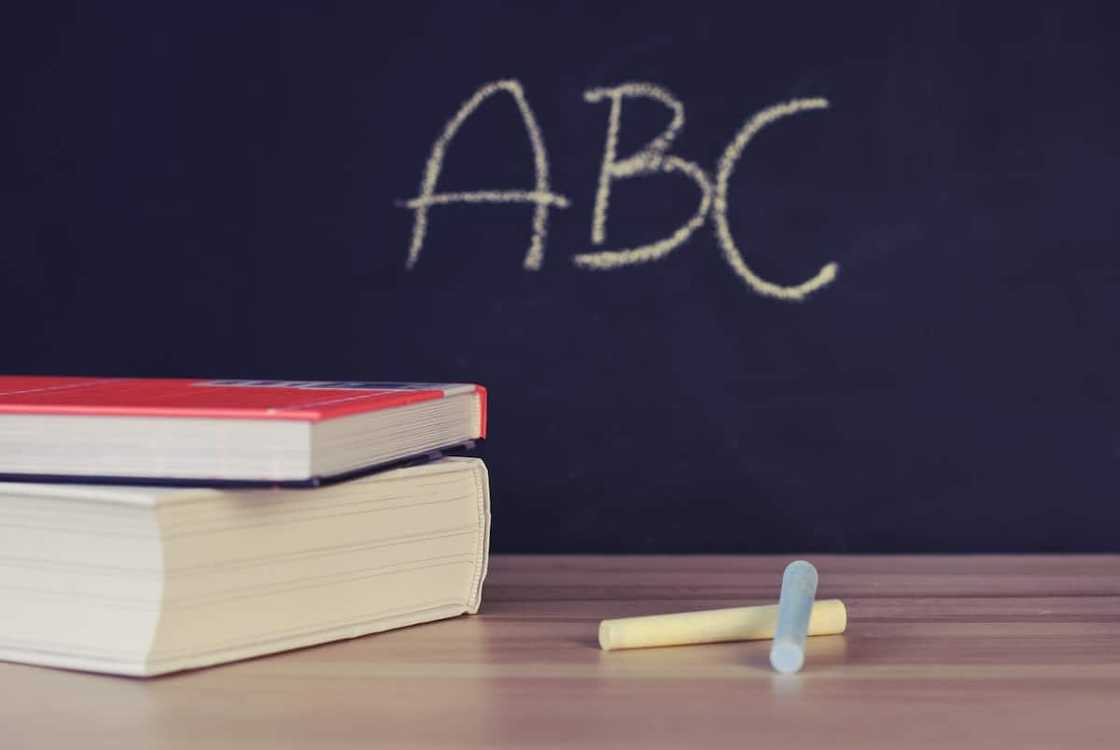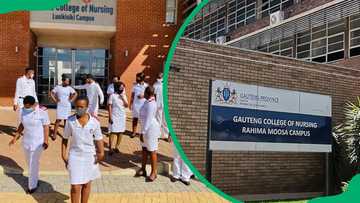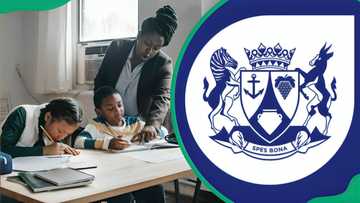South African Schools Act: Crucial details about parents and learners responsibilities and rights
What if there existed an institution with zero rules and restrictions? What would happen with students and their guardians' effort to educate them? Laws contribute majorly to setting better learning standards according to the South African Schools Act.

Source: UGC
Parents in South Africa embrace education by taking and enrolling their children in SA schools. The South African Schools Act ensures that the structure, funding, management, and training process runs according to the legal requirements. You should not worry about your child's experience in class as the board governing each institution gives your child priority. The main aim is to produce intelligent and productive minds, according to the SA Schools Act.
Education in South Africa
Just like other institutions in different countries, the learning system in SA has various departments. There exist two divisions nationally: Department of Basic Education that is in charge of primary and secondary establishments and the division of Higher Education and Training, which controls tertiary learning and vocational training.
Well, you also need to know about the crucial aspects concerning admission or readmission of learners. The school admission policy in South Africa explains that a guardian has free will to enrol his/her child at a public or private school. The private centers must register with provincial education before running. On the contrary, public learning institutions must be accepted by the MEC for Education. A parent should enrol his/her child between 1st August and 31st September of the year before learning.
To apply for Grade R, one must be at least four years old and should turn five or older by 30th June in the following year. A Grade One applicant must be at least five years old and turning six or older by 30th June in the coming year.
It is important to note as a guardian, before enrolling your child, it is better to read and understand the South African Schools Act document. Additionally, the existence of school governing bodies came through the South African Schools Act 1996 (Act 84). This Act brings guardians and parents, principals, teachers, learners, and the community to work together in running the school.
READ ALSO: UNISA Application 2020: everything you need to know
Your rights as a learner and as a parent
Learners' rights in South African schools give knowledge of what the respective people can or cannot do. There were certain amendments in the South African Schools Act geared to improve the child’s academic performance and management of schools. The amendments include:
1. Running of the institution
Parents get to contribute to the running of public institutions, which also applies to independent institutions. However, the private institutions apply the same rule but a bit differently.
2. Inclusive admission for special needs children
Implementation of inclusive education. A child with special needs may go to an ordinary school and be treated equally. This enables the child to be included in the normal educational process with other kids. It also gives them a sense of belonging.
The learning centre must use inclusive ways of dealing with different cultural and religious beliefs in the institution. The bill provides an exemption statement that makes it possible for learners to be spared when the code of conduct conflicts with their beliefs.
The school fraternity must use informal and reasonable processes that adhere to the Constitution when dealing with disciplinary issues. They must use logical and reasonable ways of dealing with misconduct.
3. Change in governing bodies
The Head of the Education Department makes the final decision to admit a new student in public schools. The public institution must give their admission policies for review every three years by the HOD. This helps remove the uncertainty of where authority originates. In attempts of preventing the abuse of leadership, the SGB members must go through an elective process to acquire their positions.
Another change also is that the HOD can direct a public institution in order to implement more than one means of instruction. The changes were made to the bill to the South African Schools Act and the Employment of Educators Act, in order to provide excellent educational services.
The South African Schools Act summary majorly warns the parents of dire consequences that may occur as a result of denying their children education.
Code of conduct
Here are some of the codes of conduct in Act 84 of 1996 highlighting more of school conduct:
- Subject to any applicable provincial law, any governing body of a public institution must adopt a code of conduct for the students and parents.
- A code of conduct must contain provisions of due process safeguarding the interests of the student and any party involved in disciplinary proceedings.
- Nothing contained in the Act exempts a student from the duty to abide by the code of conduct of the school that they attend.
To access more of the South African Schools Act code of conduct policies, visit the official websites posting the South African Schools Act 84 of 1996 online.
South African Schools Act on disciplinary policies

Source: UGC
The SASA Act protects SA schools with rules that protect learners from corporal punishment and extreme abuse. The South African schools Act disciplinary procedures follow the law that nobody is allowed to give unauthorized punishment. It ensures that the learners are free from violence, torture, or cruel punishments. Every child has inherent human dignity and the right to safety.
READ ALSO: How to apply for parliament vacancies
The SGB Constitution
The SGB makes sure that the school runs through a governing that identifies the best interest of all the stakeholders. All SGB members should always put the best interest of the institution and its fraternity before any personal interests.
Some of the critical responsibilities of the SGB constitution include:
- Decision making
- Team building
- Negotiation
- School finances
- Planning
- Conflict management
The South African School Act SGB sets out specific rules that an SBG must fulfil.
- Bringing out the best interest and development of the learning establishment
- It must get their constitution that sets out how the SGB will function
- Adopt a mission statement for the institution
- Embrace a code of conduct for students at the institution that sets out disciplinary procedures
- Help the principal, educators and other staff members to perform their professional functions
- The South African Schools Act SGB supports the creation of a school policy that should be included
A nation that embraces schooling and current productive educational skills is a nation that sails in the right direction. The South African Schools Act ensures that relevant learning directives run through all the academic institutions. Each little one deserves a chance and space in a classroom. Every child is a national asset.
DISCLAIMER: This article is intended for general informational purposes only and does not address individual circumstances. It is not a substitute for professional advice or help and should not be relied on to make decisions of any kind. Any action you take upon the information presented in this article is strictly at your own risk and responsibility!
READ ALSO:
- How to write a CV in South Africa: step-by-step guide
- Nursing intake 2020 South Africa
- Unemployed former nurse sells oranges on the streets to keep afloat
Source: Briefly News







